Description
This comprehensive course traces the arc of human civilization from the earliest cities of Sumer and ancient Egypt through the classical eras of Greece and Rome, to the emergence of modern nation-states in the 20th century. The course begins with the birth of urban society, exploring the importance of agriculture, trade, and social hierarchy in Mesopotamia, the Nile Valley, and the Indus River civilizations. It then transitions into the classical period, diving into the philosophies and innovations of ancient Greece, the rise and fall of the Roman Empire, and the contributions of empires in India and China. Students will examine the spread of major world religions—Christianity, Islam, Buddhism—and their profound impact on culture, politics, and identity. The medieval world is analyzed through feudalism, the Islamic Golden Age, African kingdoms like Mali, and Asian dynasties such as the Tang and Song. The course also includes the age of exploration, colonization, and the revolutions—industrial, political, and cultural—that shaped modern ideologies and borders. Each module incorporates historical analysis, maps, primary sources, and project-based learning. This course offers a nuanced understanding of how interconnected our global history is and provides critical thinking tools to interpret modern issues through the lens of the past. It’s ideal for students, educators, and lifelong learners eager to understand humanity’s shared journey.

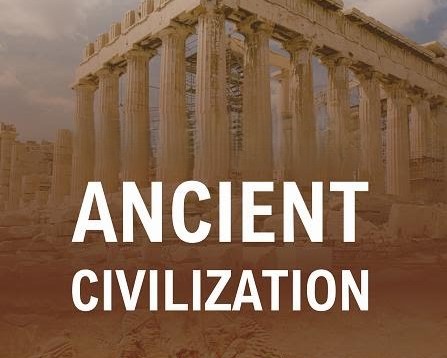
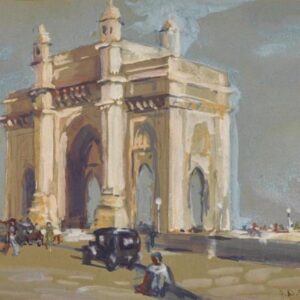
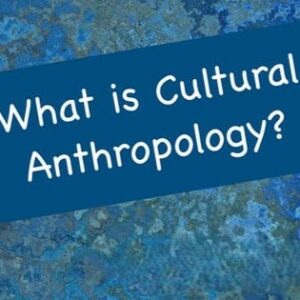
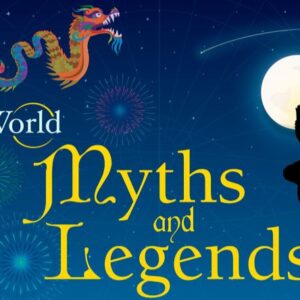
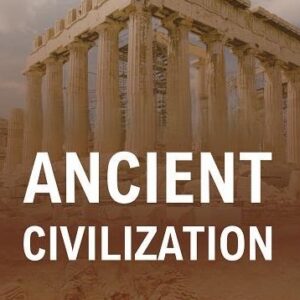


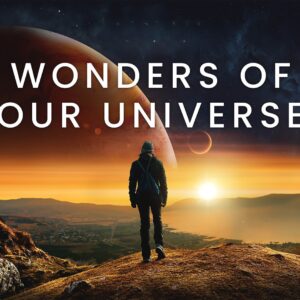
Ismail –
World Civilizations: From Ancient to Modern exceeded my expectations! The course material was well-organized, engaging, and presented in a way that was easy to understand. The instructor’s passion for the subject matter was evident, and their lectures were both informative and thought-provoking. I feel like I have a much deeper appreciation for history and the interconnectedness of different cultures.